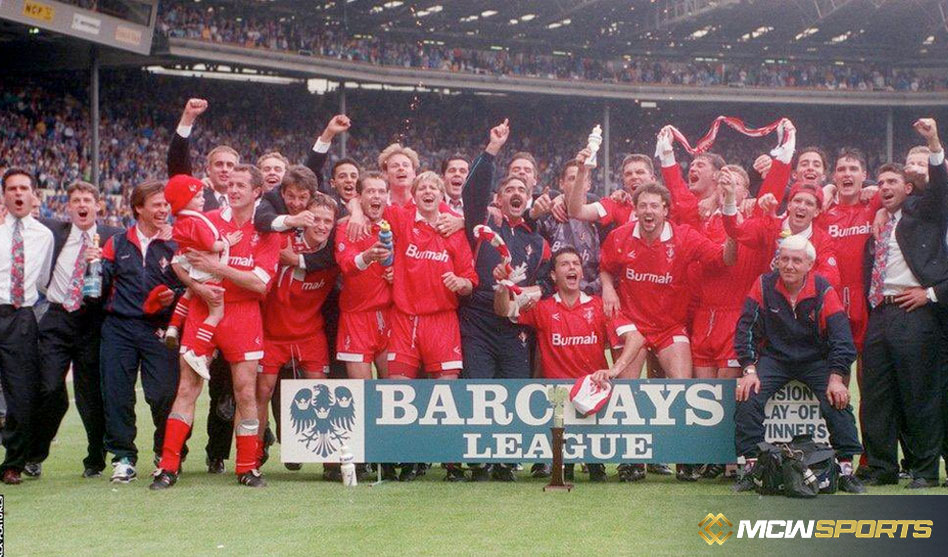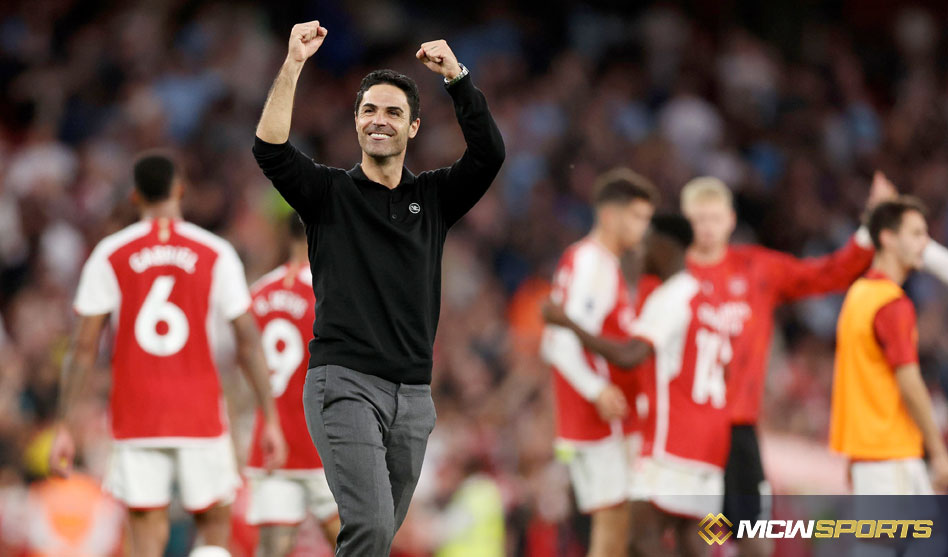This content has been archived. It may no longer be relevant
An incredibly gifted winger entering his peak had the chance to join one of the most illustrious, sophisticated, and successful clubs in football history during the summer transfer window.
In addition to 36 domestic league championships, 20 domestic cups, a UEFA Cup, a European Cup Winners’ Cup, and a few Super Cups, the team in question has won four European Cups. They compete in the Champions League this year, made it to the competition’s semifinals three years ago, and draw more than 50,000 spectators on average.
The player is under contract with a team whose most recent major prize was won 42 years ago, and which last competed in the highest tier of European competition in 1960. They have played in the top tier of their nation’s football only nine times in the previous 40 seasons, and their home games draw 30,000 spectators on average.
However, they are currently Premier League players. So Wolverhampton Wanderers’ Adama Traore didn’t transfer to Ajax.
Great for Premier League, English football, and those that like the highest caliber entertainment available while watching the top athletes in the world. How about the remainder of Europe?
The Premier League’s gluttonous money has distorted the market, and the disparity is growing.
- Manchester United, Arsenal, West Ham, Wolves, and Nottingham Forest were among the Premier League clubs that made up eight of the top ten European spenders during the summer transfer window.
- This summer, a Premier League club spent an average of £85 million on transfers.
- This season, the 12 clubs competing in the Champions League from Spain, Germany, and Italy spent an average of £60 million.
- The 20 Premier League clubs collectively spent about £2 billion on transfer and loan fees, compared to the 28 non-English Champions League clubs’ £1.5 billion.
- In terms of spending, the Premier League outspent La Liga, Serie A, and Ligue 1 combined.
Paqueta was only one of many elite athletes who would play for a top-six club; another was Matheus Nunes of Wolves, whom Pep Guardiola had earlier this year labeled as one of the best players in the world.
Remo Freuler played a significant role in an Atalanta squad that finished third in Serie A for three consecutive seasons before leaving the league to join Nottingham Forest, a freshly promoted team.
However, for players today, merely obtaining a foothold in the Premier League is a well-traveled career path.
The early phases of the pandemic had an impact on Premier League spending as they did globally, but with to a small television rebate, the league quickly rebounded and this summer is spending levels were the highest ever.
Because of this, there is still an imbalance in Europe and top players are not drawn to Champions League clubs any more. While winning the Champions League can be quite lucrative for a team if they get through the group stage and earn around £100 million, simply making it that far will only net you £17 million in prize money, plus some TV and coefficient money. Sheffield United received £97.5 million for placing 20th in the Premier League two years ago.
Chelsea (twice) and Liverpool have won the Champions League championship since 2010. With three Premier League champions from the same time period (Chelsea twice, again, and Manchester United), the Europa League has an almost equal track record. This implies that 25% of the last 24 Champions League and Europa League winners combined have been from the Premier League. Not exactly indicative of the league’s enormous financial power.
With England supplying six of the past 10 Champions League finals, English teams are at least now a regular fixture in the Champions League final.

 English
English










